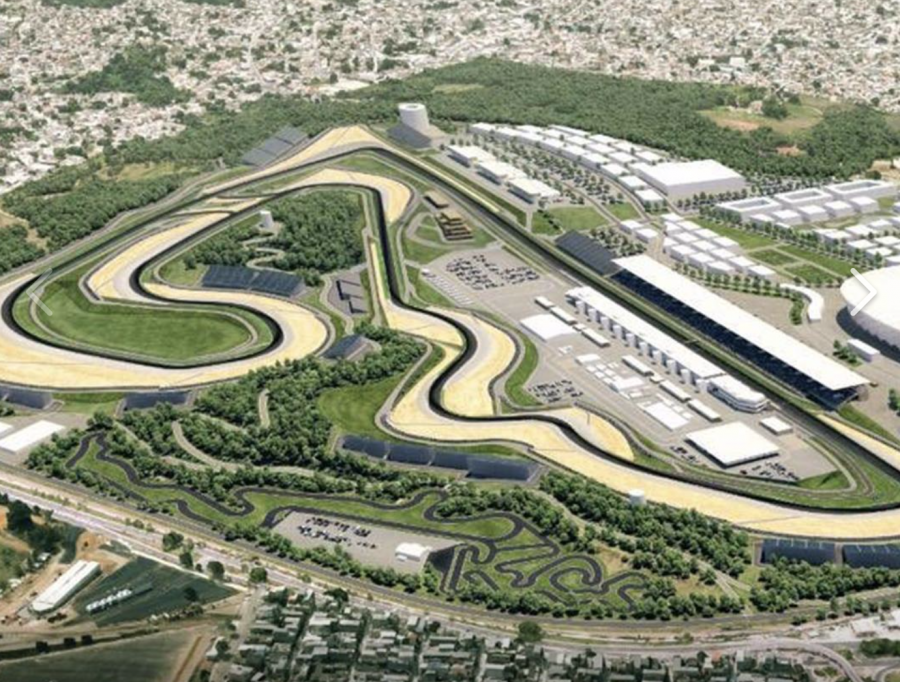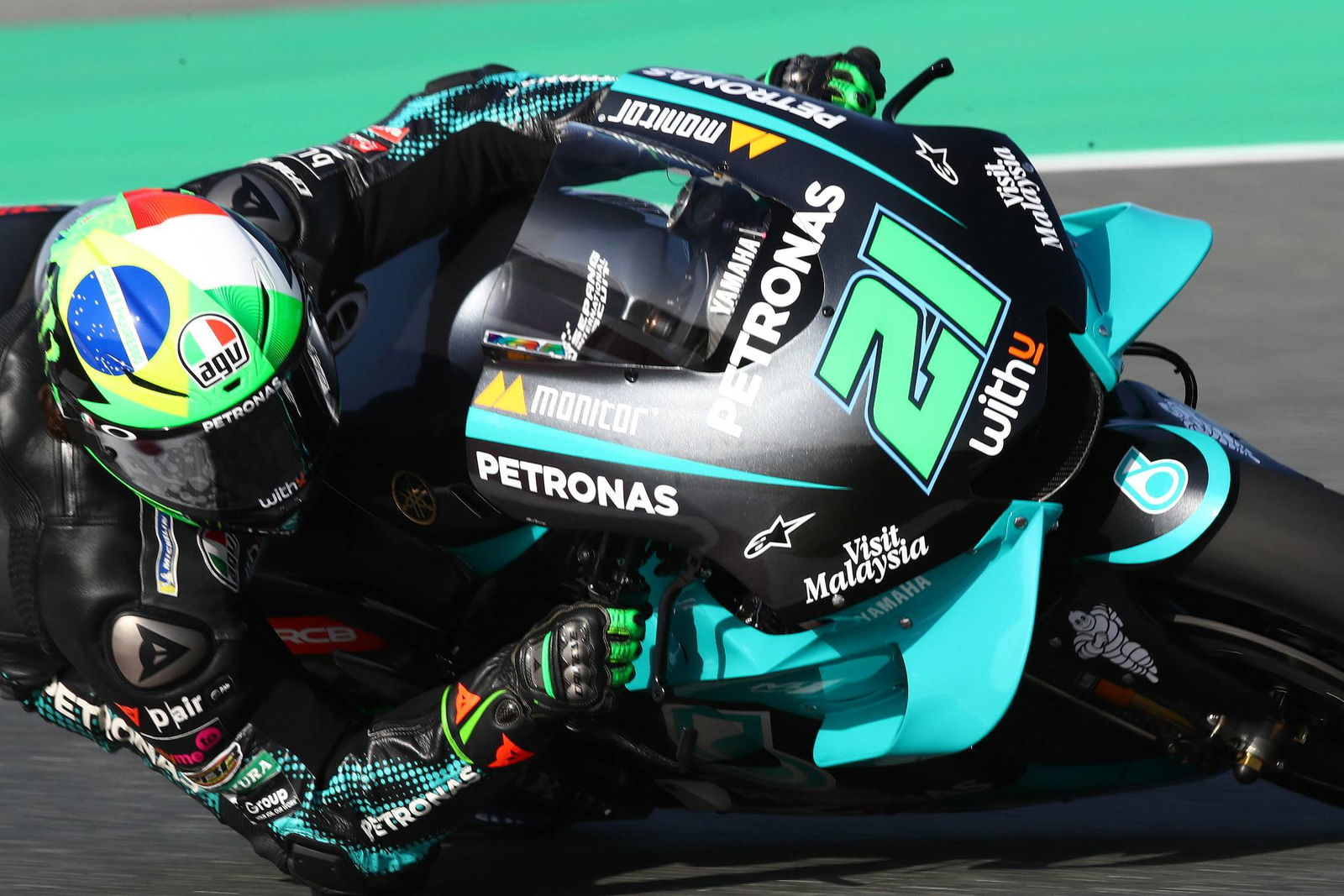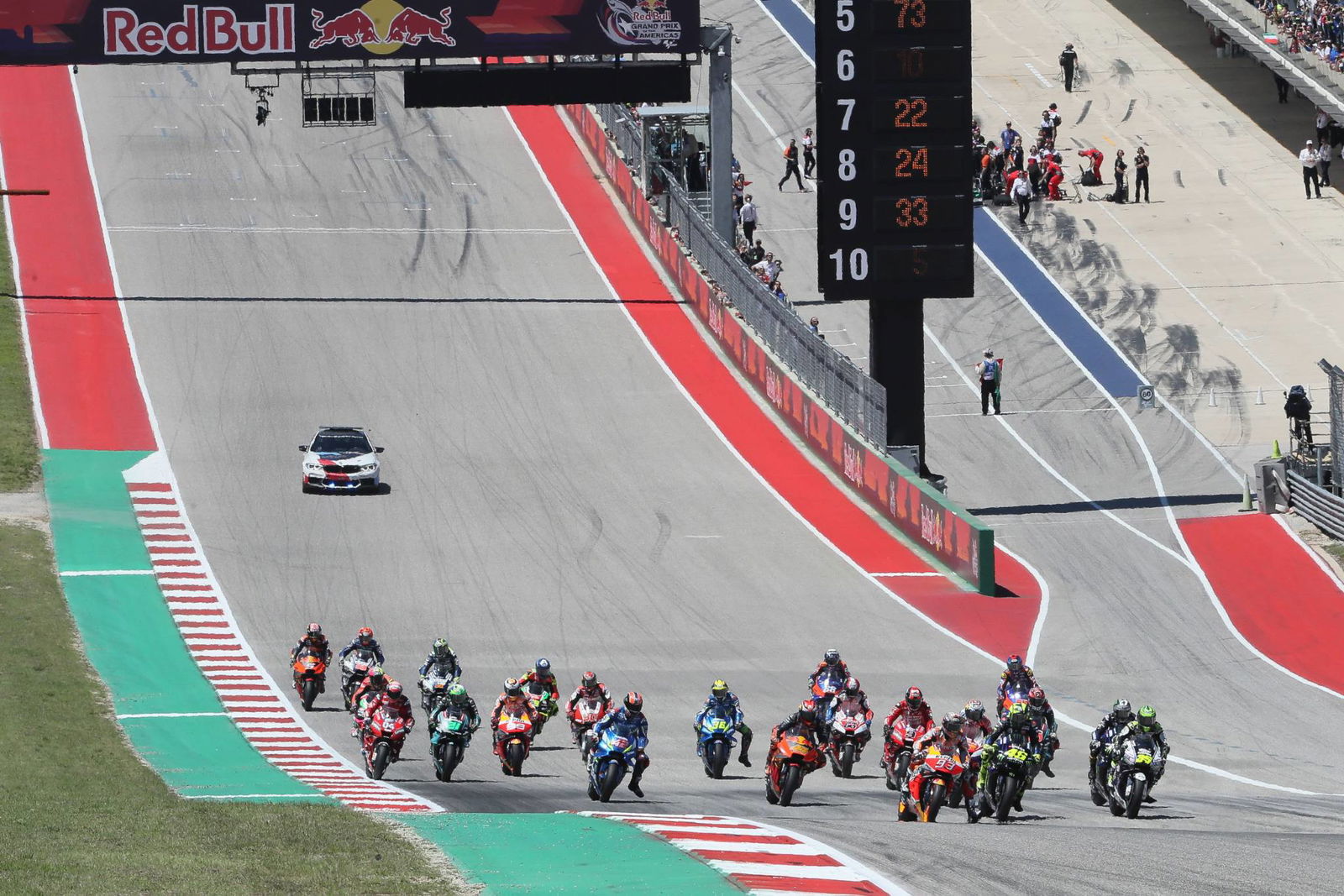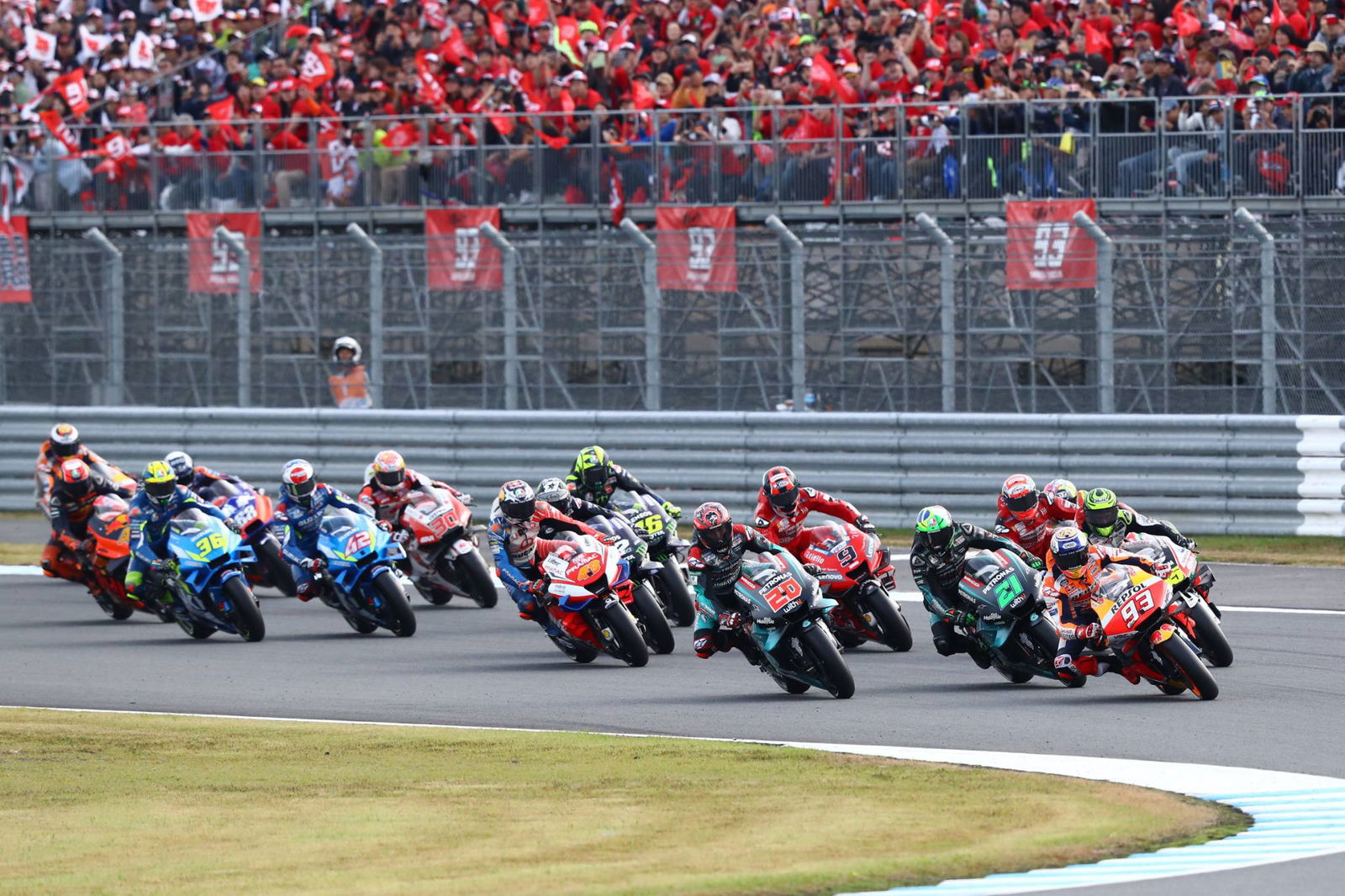The return of the Brazilian MotoGP
In MotoGP’s ever-expanding race calendar, a return to Brazil has always been pinpointed as a key event to give the sport opportunity to flourish and relay roots in South America.
Along with plots to see Grand Prix racing return to Indonesia and Finland, Brazil is another nation with a rich history but in recent years has fallen off the calendar for a collection of reasons.

In MotoGP’s ever-expanding race calendar, a return to Brazil has always been pinpointed as a key event to give the sport opportunity to flourish and relay roots in South America.
Along with plots to see Grand Prix racing return to Indonesia and Finland, Brazil is another nation with a rich history but in recent years has fallen off the calendar for a collection of reasons.
While Brazil’s motorsport heritage remains deeply embedded in four-wheel racing, with names like Senna, Fittipaldi and Piquet enriching its F1 history, South America’s largest country has produced two world championship race-winners in Alex Barros and Adu Celso-Santos (plus Eric Granado is MotoE World Cup race winner).
Brazil used to welcome MotoGP as a frequent visitor, with 10 years of heading to Jacarepagua – which coincidentally hosted a dramatic final 500cc race in 2001 in a rain-suspended affair – between 1995 and 2004 which followed on from a brief visit to Interlagos (1992) and Goiania (1987, 1998 and 1989).
But since leaving the country in 2004, and subsequently seeing Jacarepagua ripped up, MotoGP’s links to Brazil have remained temporary.
With only one race currently held in South America, at Argentina’s Autodromo Termas de Rio Hondo, the region presents a huge opportunity for expansion.
From to a healthy motorcycle market to a passionate fanbase, MotoGP organisers have been plotting a return to Brazil for years, including a failed attempt at Brasilia’s Autodromo Internacional Nelson Piquet in 2014, but hopes remain high for a successful homecoming in Rio de Janeiro in 2022.
Last October, MotoGP organisers announced a five-year deal to return to Brazil at a new circuit being constructed in Rio de Janeiro’s Deodoro military district by Rio Motorsport.
The promise of 7,000 jobs, covering temporary to full-time roles, effectively replaces Jacarepagua which was demolished in 2012 with the land repurposed for the 2016 Olympics and Paralympics in Rio.
Despite the loss of Jacarepagua, MotoGP has long-held hopes for a Brazil comeback with stars like Valentino Rossi continually visiting the country through commercial and sponsor commitments.
In both 2013 and 2014 Rossi made trips to Sao Paulo and with fond memories of racing in the country, taking six wins across all classes, he has been the leading voice from the riders to push for a return to Brazil – albeit mostly because he and Andrea Dovizioso are the only riders on the current grid to have competed in the country in their respective careers.
“It’s a great pleasure to be back in Brazil after so many years. I still have good memories of the GPs I rode here,” Rossi said in March 2013. “Brazilians are really special and their passion and enthusiasm is contagious! They also managed to make me dance Samba in public!
“Coming to Brazil is always special and I always get surprised by the fans and their passion for me and for MotoGP. I look forward to coming to Brazil again next year and meeting all my fans on track, on the occasion of the Brazilian GP,” he added after a visit the following year, before the 2015 Brazilian GP deal in Brasilia fell through.
While details on the new Rio circuit remain scarce, track constructors have promised a 4.5km circuit with seven left-hand corners, six right-hand corners and an approximate MotoGP lap time of 1m 38s. The track is expected to be completed in 2021.

The plan shares a great deal of similarities to MotoGP’s return to Indonesia, a major market for the sport with untapped potential in the modern era.
According to recent figures, motorcycle sales in Brazil jumped 12% in 2019 to surpass 1.07 million units to make it the eighth biggest bike market in the world. Naturally, manufacturers are desperate to create a bigger presence in markets like Brazil and Indonesia, hence MotoGP’s current drive to these destinations powered by the factory teams wishing to head to these locations at the expense of its numerous races across Europe.
MotoGP is unlikely to suffer scheduling headaches given only Argentina hosts a race in South America and 2,700km separates Termas de Rio Hondo and Rio. Series organisers could use it to complete a triple-header across North and Soth America, including the United States GP, or run it separately towards the end of the season.
A sport-loving nation is also likely to welcome MotoGP with open arms as it did in the late 1990s and early 2000s, while F1 is also assessing a move from Interlagos to the planned Rio circuit which should provide mutual benefits to bolster out the track’s calendar.
While the financial benefits remain attractive, the race comes with concerns from both political and safety standpoints.
Brazilian President Jair Bolsonaro, currently under pressure for his handling of the coronavirus crisis, has given backing to the new Rio venue which is seen as an attempt to move motorsport out of Sao Paulo’s Interlagos which is situated in a stronghold of his rival political party.
Security concerns have also continued to hamper F1’s races in the country with frequent car jacking and gunpoint robberies of teams and officials during the Brazilian GP in Interlagos.
Another area of unease, admittedly on a much smaller scale compared to the previous points, is the lack of Brazilian presence currently in MotoGP.
During the sport’s last stint in the country Barros starred in the premier class, but in 2020 across all classes only Eric Granado in MotoE represents the nation, but MotoGP can lean on Franco Morbidelli’s heritage through the Petronas Yamaha rider’s Brazilian mother.

Regardless, MotoGP will reason a greater presence in Brazil should only encourage up-and-coming riders, while it could also lead to a similar Talent Cup series being set up following the success of the same junior competitions in Asia, Northern Europe and Great Britain.
MotoGP will meet very little refusal from within the paddock about returning to Brazil and given the nation’s success at hosting recent major sport events like the 2014 FIFA World Cup plus 2016 Olympics and Paralympics, its security measures and preparations have good grounding.
Time will tell if its 2022 plans turn into a reality, but with at least 24 months to go plenty of time remains for all parties to be well prepared for the return of the Brazilian MotoGP.

